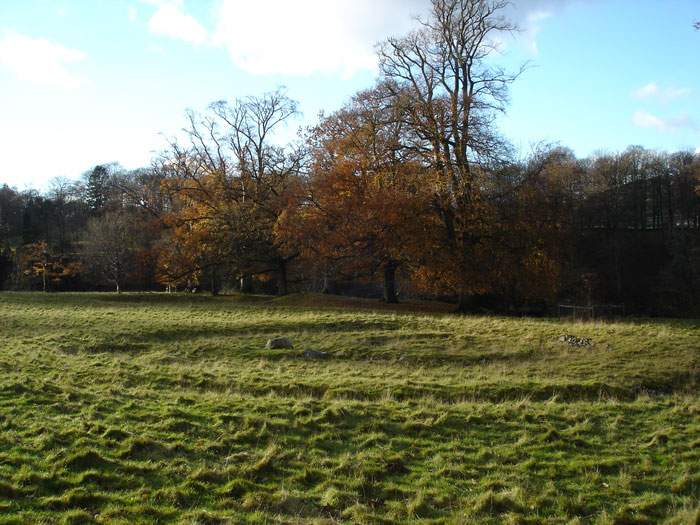 LONDON, ENGLAND—The Guardian reports that evidence for the bacteria that causes plague has been identified in 4,000-year-old human remains unearthed in northwest and southwest England. “This is the earliest plague found in Britain,” said Pooja Swali of the Francis Crick Institute. Surviving traces of the Yersinia pestis bacteria were found in the dental pulp of a woman who had been buried with two other women at the Levens Park ring cairn in Cumbria, and in dental pulp from two children whose remains were recovered from Somerset’s Charterhouse Warren, where at least 40 men, women, and children had been dismembered and buried in a natural shaft. This illness was probably the pneumonic form of plague, which is spread from person to person and causes fever, headache, weakness, and pneumonia. It is possible that an outbreak of the plague in Eurasia spread to Britain, Swali explained. Research team member Rick Schulting of Oxford University added that it is not clear if the illness may have been related to the violence observed on the remains recovered from Charterhouse Warren. For more, go to "Bronze Age Plague," one of ARCHAEOLOGY's Top 10 Discoveries of 2018.
LONDON, ENGLAND—The Guardian reports that evidence for the bacteria that causes plague has been identified in 4,000-year-old human remains unearthed in northwest and southwest England. “This is the earliest plague found in Britain,” said Pooja Swali of the Francis Crick Institute. Surviving traces of the Yersinia pestis bacteria were found in the dental pulp of a woman who had been buried with two other women at the Levens Park ring cairn in Cumbria, and in dental pulp from two children whose remains were recovered from Somerset’s Charterhouse Warren, where at least 40 men, women, and children had been dismembered and buried in a natural shaft. This illness was probably the pneumonic form of plague, which is spread from person to person and causes fever, headache, weakness, and pneumonia. It is possible that an outbreak of the plague in Eurasia spread to Britain, Swali explained. Research team member Rick Schulting of Oxford University added that it is not clear if the illness may have been related to the violence observed on the remains recovered from Charterhouse Warren. For more, go to "Bronze Age Plague," one of ARCHAEOLOGY's Top 10 Discoveries of 2018.
Bronze Age Plague Detected in Britain
